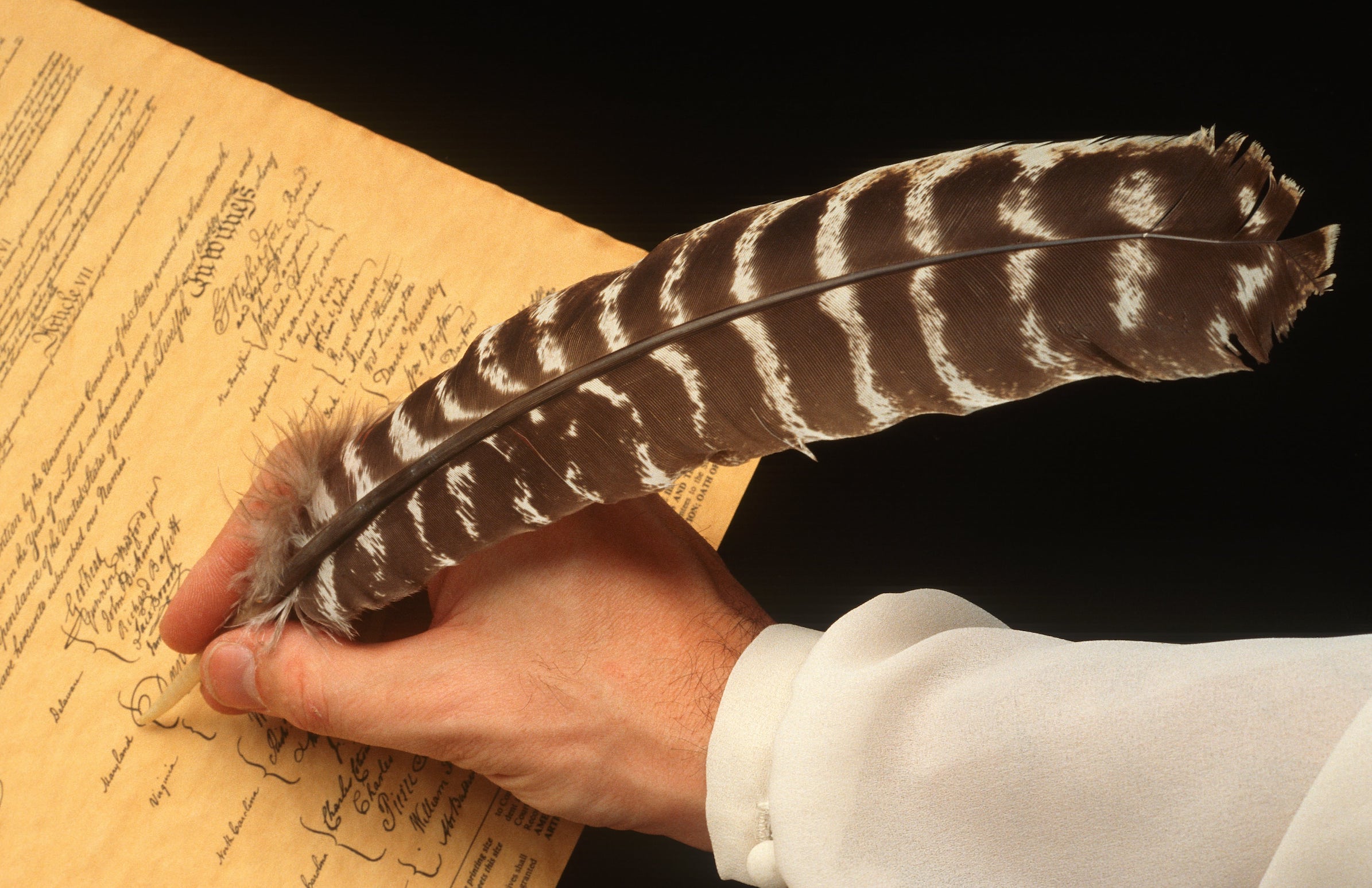The signing of the GI Bill took place on June 22, 1944, by US president Franklin D Roosevelt. This bill covered costs for veterans and their families to attend training or schooling.
After the end of the war, there was a looming fear of a great depression. To avoid this, Roosevelt’s administration saw the creation of the GI Bill – the Servicemen’s Readjustment Act of 1944. The president was trying to prevent a recap of similar events as those in March 1932, which involved protests by 20,000 unemployed veterans and their families in Washington.
The veterans were the force behind this bill through their movement known as The American Legion. The GI Bill created specific provisions for the returning servicemen such as unemployment compensation, funding for education and low-interest business and home loans. This act transformed higher education in America as the veterans received books, equipment and supplies and money for tuition. The education systems in the country only favored the privileged classes before the war, and only 15 out of 100 people had the privilege to enroll in higher education.
By 1947, half of the college enrolment population was veterans, and three years later, there was a tremendous increase in college graduates from 160,000 in 1939 when the war began to 500,000.
The increased university and college population stretched the resources and facilities and created diverse student groups. This outburst led to the expansion of university facilities and the increase of teaching staff. A series of new changes also occurred in the higher education systems with new arrays of vocational courses. Some of the educational programs implemented were previously taught informally, such as fishing, mining, commerce, agriculture and education.
Effects of GI Bill on the US economy
The GI Bill was a major driving force to the growth of the United States economy, and its effects lasted 30 years post the war. It also happened that most veterans found jobs and sponsored their education. As a result, the government only issued 20% of the funds set aside for unemployment compensation. The low-interest home loans helped change the face of suburbs as families living in cities bought land and settled outside the city.
The GI Bill had enormous impacts in the US for over 50 years in that the education provisions benefited 20 million veterans and their families and with 14 million home loans secured. All these factors saw a growth of $67 billion in federal investment. Among the known prominent people who benefited from the GI Bill are the former US presidents Gerald Ford and George H.W. Bush, entertainment stars Clint Eastwood, Paul Newman, Ed McMahon and Johnny Cash.

